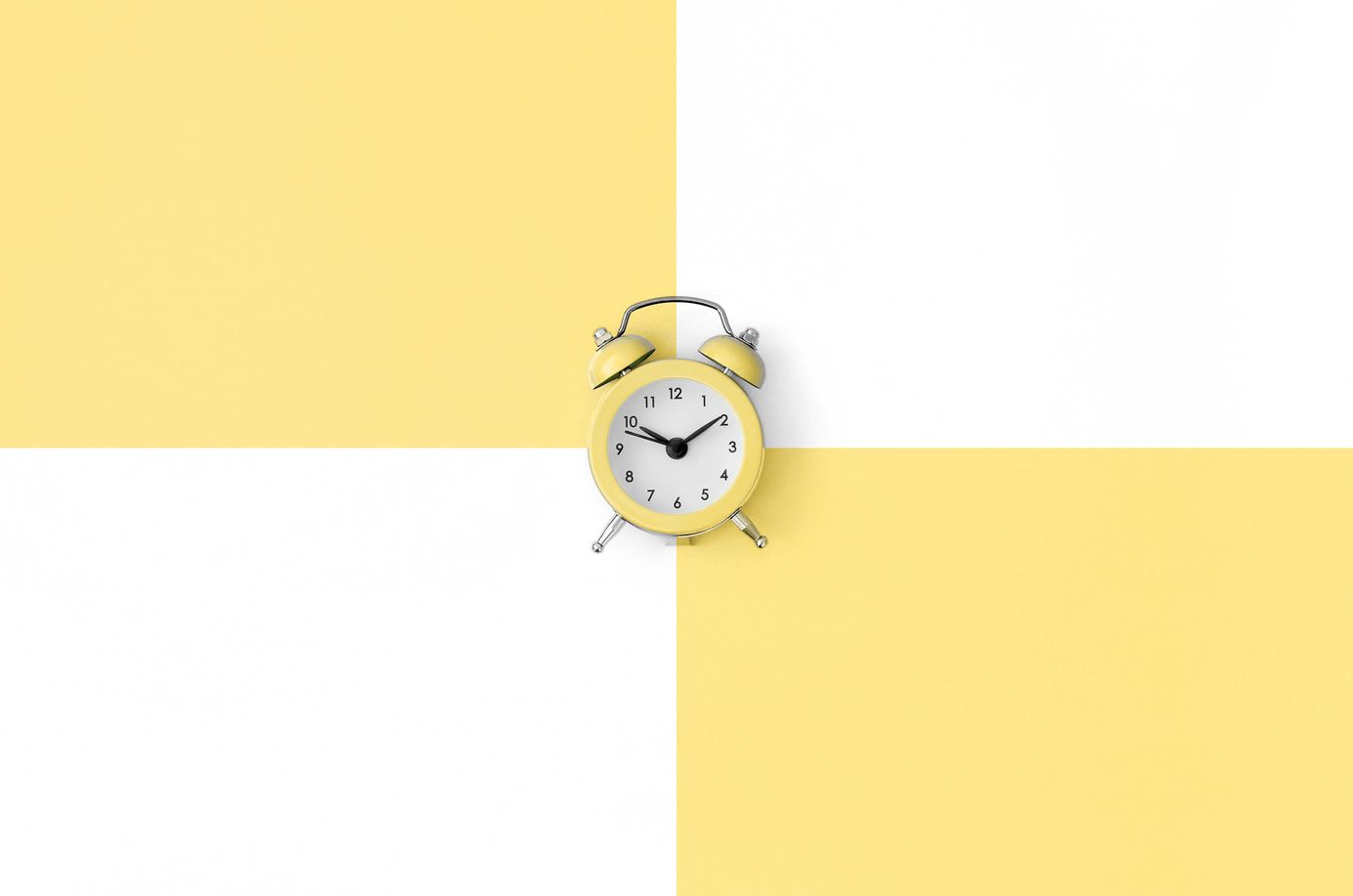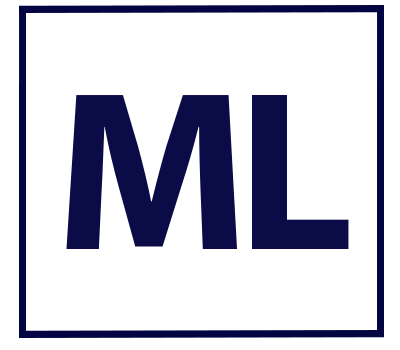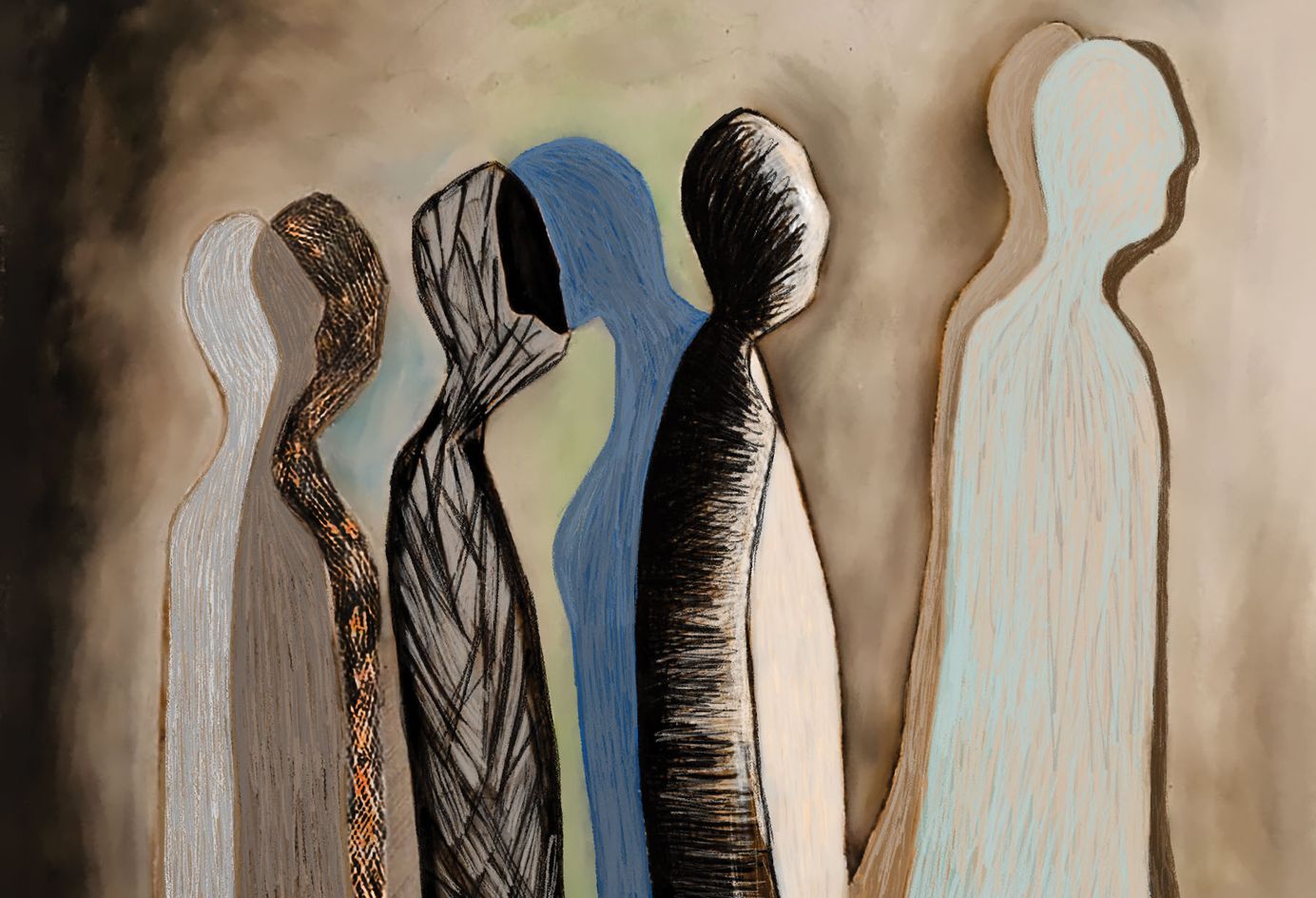
Why I've Stopped Believing in Age
Age helps us measure our time and milestones. It creates linearity in our existence. But I don't think it should guide our personal goals. Here's why.
If you do not find yourself better than you were last year, you have aged, not grown.
Is age really the best measure of how far I’ve come today as a person?
I found myself pondering this today as I turned 25 years old.
24? He’s got a bit of time. But hear 25 and expectations creep up. Your trial period as an adult is over; welcome to the real world. And according to friends, books, and inconspicuously cited news articles, 25 is an important milestone. The twenties are the new thirties, or so they say. The body reaches its prime, and you enter your finest working years. You solidify the foundations that lead to success and happiness. Statistically speaking, you're likely to have already met your life partner.
I didn't feel any different from yesterday. Yet at the strike of a clock, a whirlwind of expectation had seemingly been thrust upon me. Suddenly, I needed to have my life in order and create stability for the future. That's a lot of pressure for someone who was just celebrating another day, wasn't it?
Looking back, my life's progression has been dictated by my age since I was young. I entered primary school at 6, university at 18, and started working in my early 20s, not because my parents thought I was ready to kick down the crib and change the world, but because it was the societal norm to do so. I grew through experiences and interactions with the world, and the only measure of this was in the count of my years. I came from an Asian household, where I was constantly reminded of the achievements of those around my age: the 13 year-old Olympian, the 15 year-old climate activist, the 18 year-old multimillionaire startup founder. Yet what was I doing with my life?
Turning 25 came with the expectations that society imposes on all of the age, regardless of who we are. Unfortunately, this ownership that our numerical years holds over us is true for others too. But I questioned its significance on a personal level. I didn’t think my age had anything to do with how far in life I’d come; in fact I thought it happened despite it. So why did I allow it to play such a large part in how I perceived myself? Could my life’s progress and goals really be represented by a simple set of digits?
To challenge the morality of age, I first had to understand what it really was.
Time and Age
Time has been measured as early as 1500 BC when the Egyptians invented sundials. The concept as we know it is originally based on the time it takes for a complete revolution of the earth (or the averages of such a revolution). Yet the division of that period into 24 hours, each hour further into 60 minutes, and each minute further into 60 seconds, are all human inventions. This circularity created days, and the seasonal changes in weather created months and years.
Age can be defined as 'the length of time that a person has lived or a thing has existed'. It's an objective measure of our time elapsed in this world. It creates linearity in our existence; understandable milestones of being and development. It allows for interpersonal comparisons to validate achievement, identify outliers of excellence, and pile pressure on those who fall behind. However it, too, is a human invention.
We do not see or feel time, yet it passes all the same. We cannot alter time itself. It controls our lives, setting us all on a trajectory towards death. Through its measurement, we only borrow its powers.
Humans need the quantification of age. Without it, we wouldn't be able to identify a developmental delay in a 9 month-old newborn who isn't sitting up, or the 67 year-old with Alzheimer's following years of memory problems. Our age acts as an objective gauge of ourselves that we present to the world. It helps others to quantify how far we are along our journey in life. A year passed for them is a year passed for us. Its universal generalisability means that you can meet a complete stranger and make many assumptions simply by knowing how old they are.
You can be successful and happy, or successful and unhappy. The difference is in how you measure your progress. - The Gap and The Gain. Dan Sullivan
Age Doesn't Define Us
However, age is far too crude of a measure to quantify one's progress in life. In a world where every human has a completely unique mix of background, genes, and upbringing, no one perceives things in the same way. On a personal level, people learn at different paces, in different environments, about different things. Emotional maturity achieved by one at 20 can happen to another at 15 or 40. One's career calling isn't invalidated just because they found it 15 years later than they were supposed to.
Age quantifies our time on this planet, but it doesn't tell us anything about who we are. And how could it? How could a single numerical tally capture the many dimensions of our lives? How can it encapsulate the immeasurable emotions we feel, the tragedies we suffer, the love we share, the vast quantities of information we learn about the world every day?
Age is just a number. It rises effortlessly despite our attempts to slow it down. Elapsed time in this world doesn't mean anything. Real progress takes effort. Age does not represent our life’s progress, it simply quantifies our existence. If you do not find yourself better than you were last year, you have aged, not grown.
We are all defined by this same single metric because it's convenenient, and because there is no better representation of personal development. The issue is that if we continue using age as a marker of progress, we develop not according to our own needs and desires, but those that the world expects us to be.
We speak of age as our time in living. But in reality, age is nothing more than expectation itself. It invites us to draw comparisons with other people. This train of thought is toxic. If you live your life governed by the constant pursuit of excellence by someone else's standards, you will find yourself deeply unhappy. It's a label, and on a personal level, it shouldn't be anything more. It creates significant strain on people who feel like they need to be somewhere else, as someone else, when they have simply prioritised other aspects of their life.
Our Metrics Should be Personal
Instead, let us set the bar for ourselves and measure progress using metrics like happiness, fulfilment, knowledge, relationships and morality. These are metrics that promote spirituality, wellbeing, and significance to the self.
This is not an exhaustive list to find life's meaning. These attributes stem from core philosophical values that have been suggested as answers to the holy grail of the question of 'what is the meaning of life'?' Your list may be different. Ask yourself: what do I want to achieve in this lifetime? What are my real higher-level goals? It may be to find happiness, to be wealthy, to be respected, to create value. Like our individual experiences, what we strive for is unique. But the point is that there is no one-size-fits-all. Our metrics should be personal to the self, rather than generalised to other people.
The ultimate goal isn't simply to age and pass through the years. It's to find meaning in your life, to feel satisfaction, to be comfortable and confident with oneself, and to form deep bonds with others. Achievement in your career and monetary wealth doesn't make you happy, yet they dictate what so many of us feel we need to strive for. And if you're not happy, what even is the point of it all?
Thus, let us not be guided by the numerical digits that quantify our presence but not our being. In this modern world that promotes autonomy, personalisation and the focus on the self, our concept of age and expectation is outdated. We need to alter our perceptions of time and progress. We should focus on our own learning and personal progression, and measure the stages of our lives through happiness, fulfilment, and contributions to humanity.
I may have turned 25, but this year I create my own milestones. Time is a given; living is not.
MRCP exam revision materials straight to your inbox.
Sign up to the mailing list to be the first to receive tips and tricks to pass your exams.






